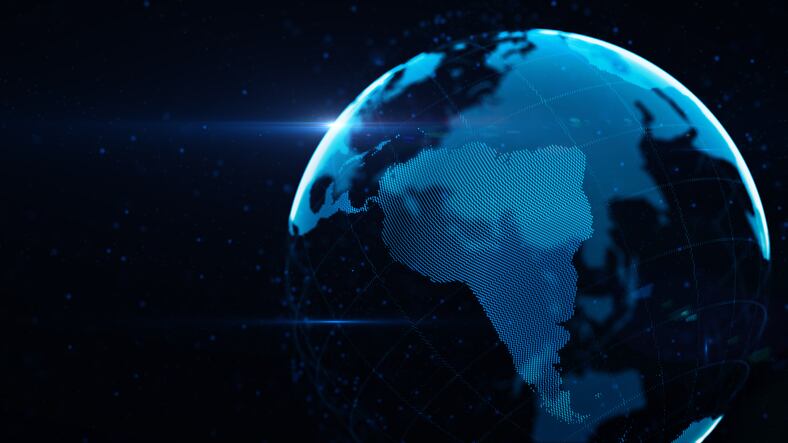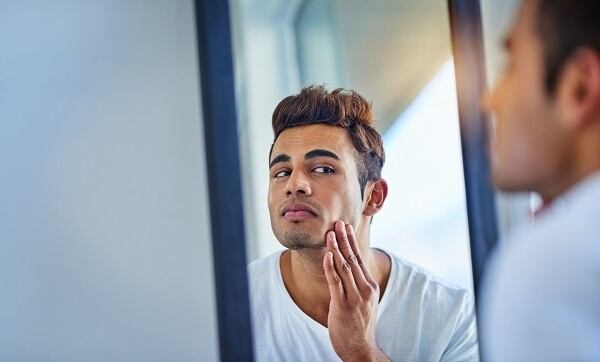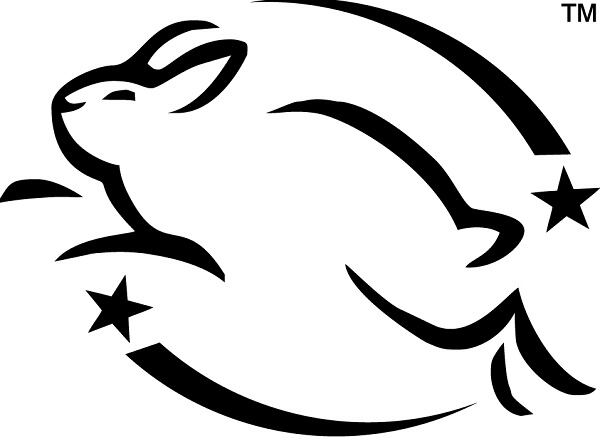Consumer pricing in the country slipped by 0.04% during the month, the lowest figure in more than a year and one that is fueling speculation that the government will cut bank interest rates.
But of the six categories tracked by the government body, The Brazilian Institute of Geography and Statistics (IBGE), the one for health and personal care showed that prices were up by 0.58% during September.
Brazilians still willing to pay for personal care
The IBGE has also released figures for the first half of October, showing that inflation for health and personal care had further increased to 0.85%, while the deflation for the other five consumer price categories had also increased.
The figures underline that while government measures have been able to contain price inflation, serving to help stabilize the economy, consumers are still paying more for items deemed to be essential, which includes cosmetics and personal care.
This comes in contrast to the price of other essential items such as food and drink, which saw the biggest fall of the six consumer price categories in September, down by 0.43% on a month-on-month basis.
Brazilian economy remains volatile
In recent years, Latin America’s biggest cosmetics and personal care market has been hard hit by an economy that has been impacted by heavy financial regulation, corruption and poor use of government funds.
Although there were signs of an economic recovery following the 2015 – 2007 downturn, the inauguration of a new government headed by Jair Bolsonaro at the beginning of this year has led to mixed fortunes for the country’s economy.
Bolsonaro’s government avoided a return to economic recession after the economic contraction in the first quarter of the year resumed growth in the second quarter of the year.
Will an end to tariffs help?
The government is now hoping that a loosening of financial and trade regulations will help to jump start the economy later in the year, with hopes pinned on a lowering of interest rates to give the economy a further boost and drive consumer spending up.
The changes to financial and trade regulations could see many import tariffs slashed in the country, ending protectionism that has served to bolster national businesses, but limiting competition from international players.
In recent years a number of international cosmetic players have pulled out of the Brazil market, with companies such as Kiehl’s and Lush citing prohibitive tax rates as the reason for pulling out.




